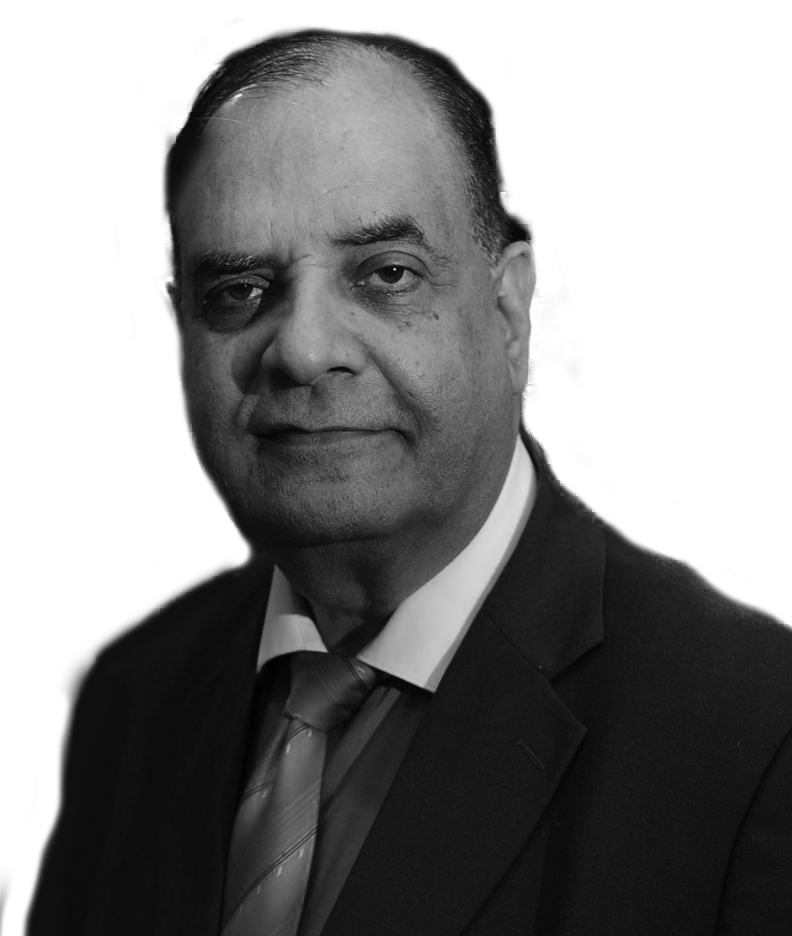Where should an elected official draw a line between permitted and prohibited speech?
NEW DELHI: The Supreme Court told the Centre and states to take instances of hate speech seriously and observed that it was nothing short of a “menace” that if left unchecked, could become a monster. The Supreme Court reminded states that any action against perpetrators of hate speech should be irrespective of religion, as the crime committed is against society, regardless of who the speaker is. A bench of Justices K.M. Joseph and B.V. Nagarathna said: “This is a complete menace and nothing short of it. We should all be careful about the seriousness of hate speech. We should not end up creating a Frankenstein (‘s monster) that will gobble (us) up.”
While stating that free speech in the country should be protected, the court felt that this balance is often being misused by TV channels.
“Media occupies a position of great strength. Any misuse by them impacts the whole nation. This freedom comes with responsibility,” the bench said. The Centre represented by Additional Solicitor General (ASG) K.M. Nataraj suggested there were enough checks and balances to which the bench replied, “What is the use if it is not applied in a manner that produces results? For so many years, there is no regulatory mechanism for television. It is a free for all.” Wondering whether the time had come to deal with news anchors and channel heads with a heavy hand, the bench said, “In a live programme, the key lies with the anchor. If the anchor is not acting fairly, there should be power to take off an anchor. How many times have you taken off anchors?” Nataraj told the court that the Centre is contemplating a comprehensive law.
Most agree that obviously illegal content should be regulated; child pornography, direct and specific threats, violent extremist videos, and the like. The need to regulate anything that is not obviously illegal, however, is unclear and must be scrutinised. The government argues that unregulated social media promotes misinformation, hate speech, defamation, threats to public order, terrorist incitement, bullying, and anti-national activities.
There are also challenges to regulating content that is not obviously illegal. Consider misinformation or fake news, for example. Who decides what is fake and what is not? Even if some content is fake, who decides whether it was satire or intended to create harm? Even if the intention is to create harm, who decides when it is permitted (freedom of expression) or prohibited?
Besides, how exactly does one implicate social media for fake news? Even before the advent of social media, fake news was regularly peddled and relished; Social media, at most, increases the scale and speed of the spread of misinformation.
Analogous challenges exist while regulating hate speech as well. Where should an elected official draw a line between permitted and prohibited speech? Even more, questions surround the regulation of extremist and anti-national content. Even if one could unambiguously determine what such content was, how much should one regulate? If such content is banned on one platform, the content will simply move to different, perhaps lesser-known, platforms. The fracturing of extremist communication will make it harder to track and counter such communication or gather intelligence, perhaps making the public less secure overall. The need to preserve freedom of expression from censorship by states or private corporations is often invoked to counter efforts to regulate hateful expression, in particular online.
To counter hate speech, the United Nations supports more positive speech and upholds respect for freedom of expression as the norm. Therefore, any restrictions must be an exception and seek to prevent harm and ensure equality or the public participation of all.
Alongside the relevant international human rights law provisions, the UN Rabat Plan of Action provides key guidance to states on the difference between freedom of expression and “incitement” (to discrimination, hostility and violence), which is prohibited under criminal law. Determining when the potential of harm is high enough to justify prohibiting speech is still the subject of much debate. But states can also use alternative tools–such as education and promoting counter-messages–to address the whole spectrum of hateful expression, both on and of.
Addressing hate speech does not mean limiting or prohibiting freedom of speech. It means keeping hate speech from escalating into something more dangerous, particularly incitement to discrimination, hostility and violence, which is also prohibited under international law.”
The Constitution mandates a secular state and provides for freedom of conscience and the right of all individuals to profess, practice, and propagate religion freely, subject to considerations of public order, morality, and health. It prohibits government discrimination based on religion, including for employment, as well as religiously based restrictions on access to public or private establishments.
The Constitution states that religious groups have the right to establish and maintain institutions for religious and charitable purposes, manage their own affairs
Freedom of speech of politicians has to be curbed. And we have to identify with the victims of humiliation. We have to learn from Sahir Ludhianvi’s immortal words. In a song he wrote for B.R. Chopra’s 1961 film Dharmputra, Sahir asked a stunning question: “Yeh kiska lahu hai, kaun mara?” This question can perhaps form the building block of a decent society.
The author is Editorial Director of ITV Network-India News and Aaj Samaj Dainik.

